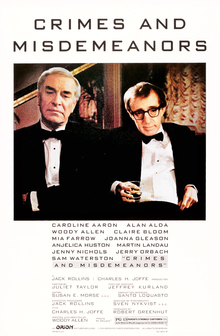 |
| Sam Waterston in Anesthesia |
Cast: Sam Waterston, Corey Stoll, Tim Blake Nelson, Kristen Stewart, Gretchen Mol, Glenn Close, K. Todd Freeman, Michael Kenneth Williams, Hannah Marks, Ben Konigsberg, Natasha Gregson Wagner, Jessica Hecnt, Scott Cohen, Gloria Reuben, Yul Vazquez, Richard Thomas, Annie Parisse, Lucas Hedges. Screenplay: Tim Blake Nelson. Cinematography: Christina Alexandra Voros. Production design: Tina Goldman. Film editing: Mako Kamitsuna. Music: Jeff Danna.
As an actor, Sam Waterston radiates sincerity. So does Tim Blake Nelson's Anesthesia, which proves to be both its strength and its downfall. Waterston plays a Columbia philosophy professor who, in the evening after he has just announced his retirement to an adoring audience of students, is brutally attacked on the streets of New York City. Most of the film is a flashback to the events leading up to the attack, in which we see vignettes of the lives of his family and some others whose relationship to him and the assault gradually become apparent. It's a familiar technique for plotting and for giving depth to the central character, but there's a whiff of pretentiousness about it in Anesthesia. Waterston's character likes to quote Montaigne and Schopenhauer and Nietzsche, and the quotes are designed to resonate with the events of the film. Some characters, like Kristen Stewart's self-harming grad student, barely fit into the narrative except to underscore the film's musings about the meaning of existence. Anesthesia is an honorable attempt at a cinema of ideas, but it tends to suggest that phrase is an oxymoron.


